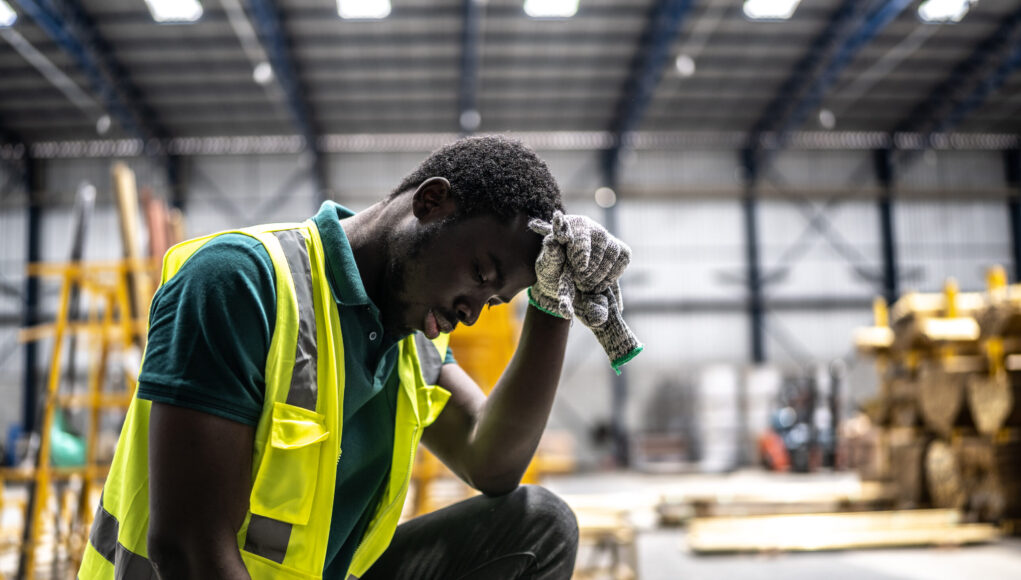By Obi Appolos
As the world grapples with economic uncertainty, growing inequality, and technological disruption, global leaders at the 2025 World Economic Forum (WEF) faced an urgent call to action: strengthen democratic governance, enforce social safeguards, and abandon outdated economic models that fuel inequality.
Delivering this message with force was Luc Triangle, General Secretary of the International Trade Union Confederation (ITUC), who challenged policymakers and corporate giants at the annual Davos gathering.
“We have the tools and we have the opportunities – as well as the money – to fix the system, and ensure that we do not repeat the mistakes of the past,” Triangle declared.
A Broken Economic Model on Steroids
The economic landscape remains dire for millions of workers, with inequality worsening at an alarming rate. Oxfam’s latest report reveals that billionaire wealth grew three times faster in 2024 than in 2023, exposing a system that prioritizes profit over people.
Globalisation, once hailed as a pathway to shared prosperity, has instead deepened social divides. Governments, failing to implement necessary social safeguards in trade and investment, have allowed wealth to concentrate at the top while millions of workers are trapped in precarious, low-wage jobs.
“More than a century after the world agreed to guarantee all workers a living wage, many are forced to take on multiple jobs just to survive, while the labour income share continues to decline,” Triangle stressed.
Meanwhile, taxation remains skewed in favour of the ultra-rich, with no global framework ensuring fair contributions. Debt burdens and colonial-era economic structures continue to stifle developing nations, preventing them from achieving economic independence.
AI, Profit, and the Social Cost of Innovation
At WEF 2025, Artificial Intelligence (AI) took center stage, sparking heated debates on its economic and social consequences. Investors and financiers touted AI’s efficiency gains, but others raised concerns over job losses, ethical risks, and the widening inequality gap.
Triangle warned that without proper regulation, AI would exacerbate existing injustices rather than create opportunities for all. A Just Transition is critical to ensuring that workers are not left behind in the rush for automation and digitalisation.
Time for a New Social Contract
Triangle’s message was clear: only through mandatory human rights due diligence, a global tax standard, and debt restructuring and cancellation can the world prevent further turmoil. He called for decisive action at the World Summit for Social Development in Qatar later this year, urging leaders to prioritise fair wages, social protection, and labour rights.
“The one per cent gathered at WEF wield enormous influence over the reality of the 99 per cent. It’s time for democratic governments to hold them accountable.”
With inequality at a breaking point, the question remains: Will world leaders finally act, or will they continue with business as usual?






























